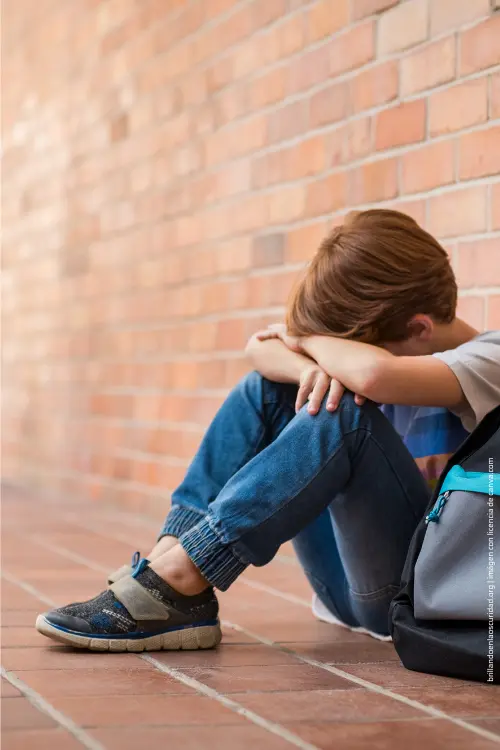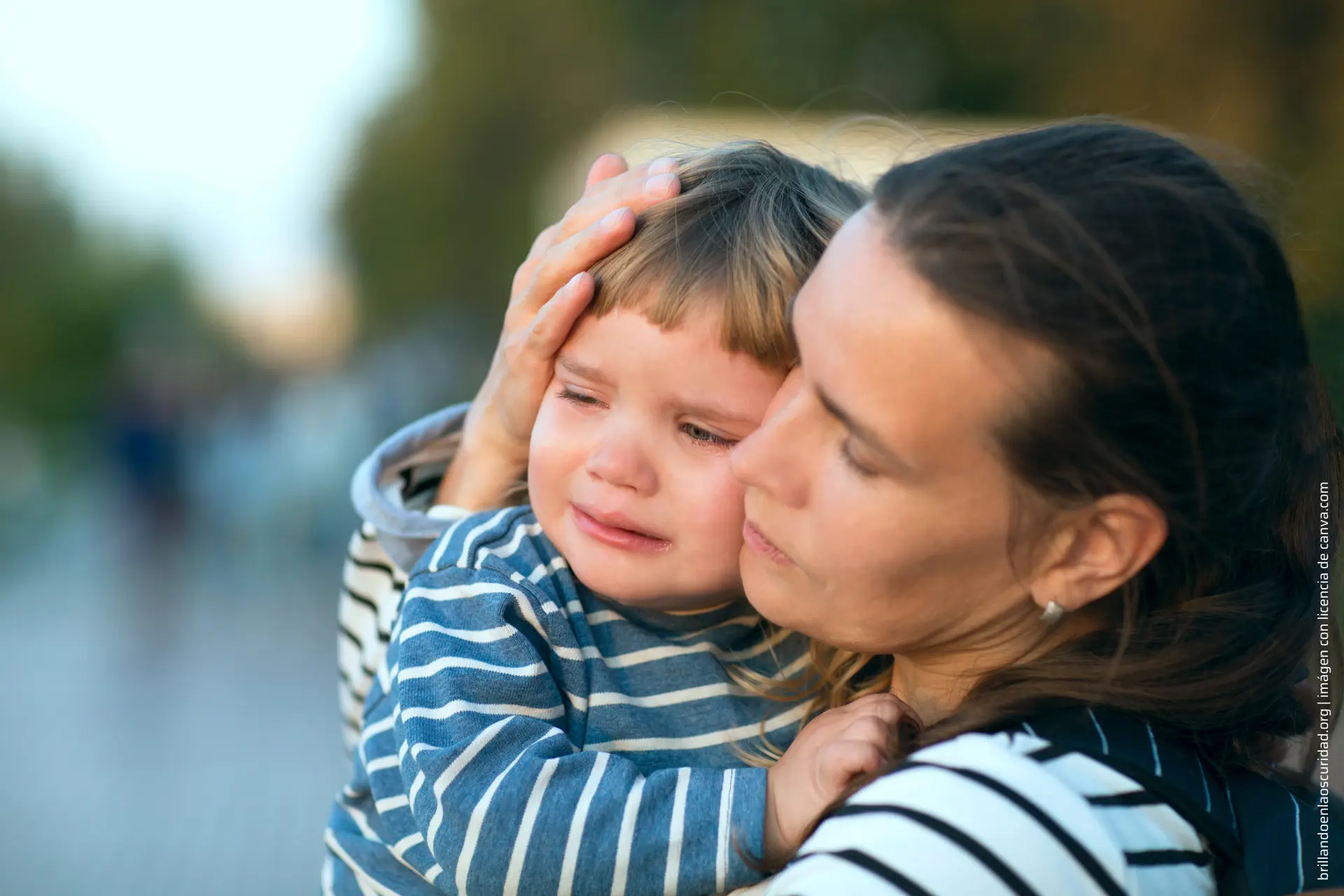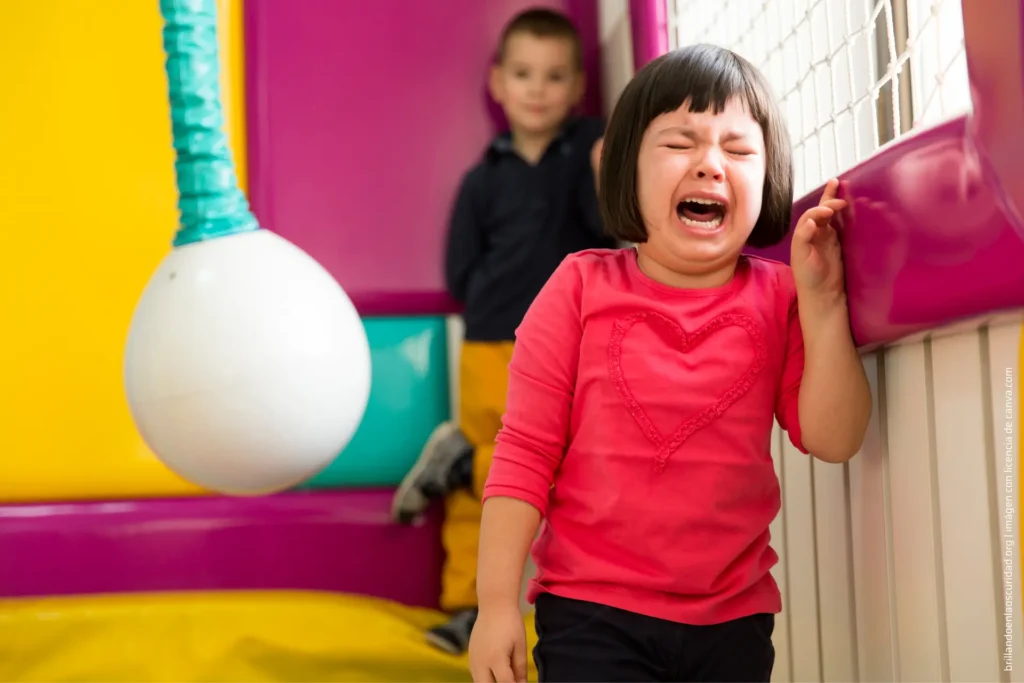Anxiety is not a phenomenon exclusive to adults. Although it may seem surprising, childhood anxiety in the early school years is an issue that is increasingly recognized and studied by specialists. This concern not only affects children’s academic performance, but also their emotional and social development.
The reality of anxiety in the early school years.
Anxiety in preschool children can manifest itself in various ways, such as intense fear of separation from parents, panic in new situations or a persistent nervousness that seems to have no clear cause. According to recent studies, a significant percentage of children experience anxiety that requires professional attention, even before starting primary school.
These are issues that often lead children to be stigmatized and even to suffer physical and psychological bullying.
Identifying early signs of anxiety
Parents and educators should watch for certain signs that may indicate anxiety in children:
- Changes in eating or sleeping behavior.
- Frequent crying or unusual tantrums
- Social withdrawal or lack of interest in group play
Understanding and recognizing these signs is crucial to providing the necessary support in a timely manner.
Factors contributing to childhood anxiety

Several factors can influence the development of anxiety in young children, including genetics, the child’s temperament, and the home and school environment. Situations such as significant family changes, economic problems, or even educational style can be triggers.
These are issues that often lead children to be stigmatized and even suffer physical and psychological bullying.
Bullying in childhood and adolescence is present in many cases of mental illness in youth and adulthood, generated by anxiety.
How anxiety manifests itself in young children
Children cannot always express what they feel in words, so anxiety can manifest itself through behaviors or physical symptoms. It is important for adults to recognize these manifestations in order to act.
Common Symptoms of Anxiety in Preschoolers
- Problems integrating into group activities
- Resistance to going to school or daycare
- Constant complaints about aches and pains with no apparent physical cause
Educators’ strategies for managing anxiety
Educators play a crucial role in managing childhood anxiety. Not only are they in an ideal position to observe and report anxious behaviors, but they can also apply strategies to help children feel more secure and supported.
Classroom Techniques for Supporting Anxious Children
- Creating a predictable daily routine
- Use of child-friendly relaxation and mindfulness techniques
- Fostering an inclusive and safe environment
Training and resources for educators
It is vital that educators receive specific training on children’s mental health. Knowing best practices and having appropriate resources can make a big difference in how anxiety is managed in the classroom.
Long-term impact of early stress.
Early and effective management of anxiety is crucial, as prolonged stress in childhood can have lasting repercussions on children’s emotional and physical well-being.
Consequences of not treating childhood anxiety
- Learning and attention problems
- Low self-esteem and relationship problems in later stages.
Benefits of early intervention
Early intervention not only helps alleviate anxiety in children, but also lays a solid foundation for the development of healthy coping skills that will serve throughout life.
Parenting tips for managing childhood anxiety
Finally, parents have a critical role in supporting their children. Some helpful strategies include:
Establishing a daily routine at home.
Predictability can significantly reduce anxiety in children.
Effective communication and emotional support
Actively listening to and validating the child’s emotions are key steps to their emotional security.
Consultation with professionals
If parents notice signs of anxiety, they should consider seeking help from mental health professionals who specialize in children.




